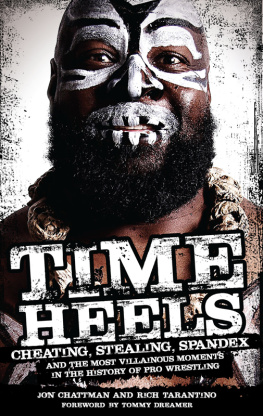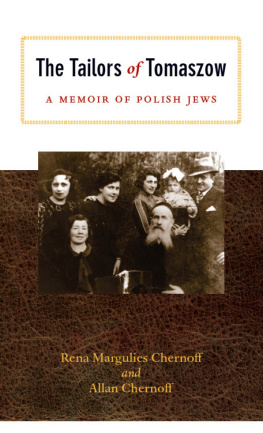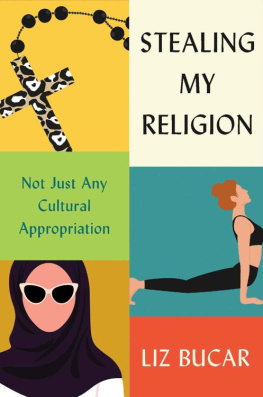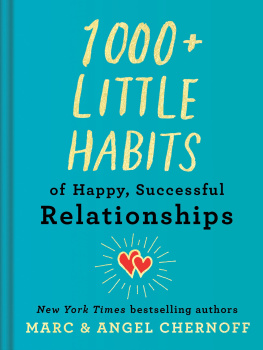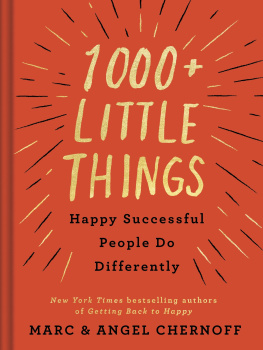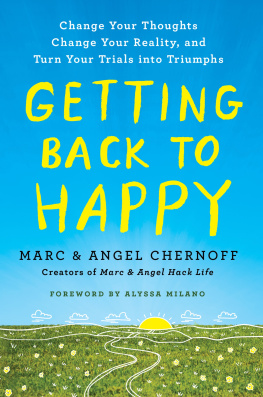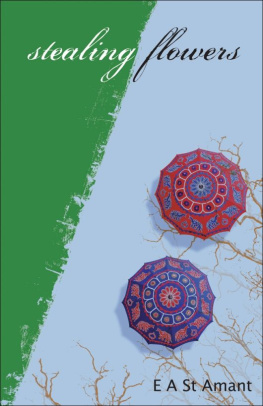JOHN M. CHERNOFF is the author of African Rhythm and African Sensibility: Aesthetics and Social Action in African Musical Idioms (1979), also published by the University of Chicago Press. Chernoff spent more than seven years in West Africa, based in Accra and Tamale, Ghana, where he also researched popular music and the music and culture of the Dagbamba people. His recordings of Dagbamba music include Master Fiddlers of Dagbon and Master Drummers of Dagbon, volumes 1 and 2.
The University of Chicago Press, Chicago 60637
The University of Chicago Press, Ltd., London
2003 by The University of Chicago
All rights reserved. Published 2003
Printed in the United States of America
12 11 10 09 08 07 06 05 04 03 1 2 3 4 5
ISBN: 0-226-10350-1 (cloth)
ISBN: 0-226-10352-8 (paper)
ISBN: 978-0-226-07465-8 (e-book)
Library of Congress Cataloging-in-Publication Data
Chernoff, John Miller.
Hustling is not stealing : stories of an African bar girl / John M. Chernoff.
p. cm.
ISBN 0-226-10350-1 (cloth : alk. paper)ISBN 0-226-10352-8 (pbk. : alk. paper)
1. WomenGhanaSocial conditions. 2. WomenTogoSocial conditions. 3. WomenBurkina FasoSocial conditions. I. Title.
HQ1816 .C48 2003
305.4209667dc21
2003010647

The paper used in this publication meets the minimum requirements of the American National Standard for Information SciencesPermanence of Paper for Printed Library Materials, ANSI Z39.48-1992.
Hustling Is Not Stealing
STORIES OF AN AFRICAN BAR GIRL
John M. Chernoff
THE UNIVERSITY OF CHICAGO PRESS
Chicago and London
For my wife Donna, my daughters Eunice and Eva, and my sons Harlan and Avram
CONTENTS
ACKNOWLEDGMENTS
I would like to thank the Joint Committee on African Studies of the Social Science Research Council and the American Council of Learned Societies for a Postdoctoral Fellowship for African Area Research that helped me to develop some of the data for this book. I would also like to thank the following people for reading and commenting on drafts or for helping with various aspects of this book: Abraham Adzenyah, Emmanuel Akyeampong, Marianne Alverson, Kelly Askew, Deborah Benkovitz, John Berthelette, Willem Bijlefeld, Kenneth Bilby, David Brent, Alan Brody, David Byrne, Amina Jefferson Bruce, Donna Chernoff, Harold Chernoff, Michael Chernoff, Richard Closs, Ben DeMott, Peter Edidin, Mark Ehrman, Kai Erikson, Steven W. Evans, Alan Fiske, Steven Friedson, Arnold Gefsky, Dawn Hall, Maxine Heller, Kissmal Ibrahim Hussein, Angeliki Keil, Charles Keil, Bruce King, Sarah LeVine, David Light, Rene Lysloff, Yao Hlomabu Malm, Michael Mattil, Leighton McCutchen, Will Milberg, David Mooney, Mustapha Muhammed, Steven Mullen, Judy Naumburg, Deborah Neff, Samuel Nyanyo Nmai, Timmy W. Ogude, James Peters III, Charles Piot, Carl Rollyson, Marina Roseman, Eric Rucker, Nadine Saada, Philip Schuyler, Paul Stoller, Deborah Tannen, Robert F. Thompson, Richard Underwood, Christopher Waterman, Andrew Weintraub, David Wise. Betsy Morgan DeGory assisted with the research and contributed many ideas to the work. The following people provided technical assistance on writing the various languages in the text: Eric O. Beeko, J. H. Kwabena Nketia, Lilly Nketia, and Joseph Adjaye for Asante Twi; Kathryn Geurts, Kojo Amegashie, and Felix K. Ameka for Ewe and Mina/Gen; Beverly Mack and John Hutchison for Hausa; Philip Schuyler for Arabic; Paul Stoller and Jean-Paul Dumont for Verlan and French argot. Also, of course, I would like to thank the woman who is called Hawa in this book and also all the people in Ghana, Togo, Burkina Faso, Nigeria, and other West African countries who helped me understand their world as they know it.
To understand just one life, you have to swallow the world.
SALMAN RUSHDIE, MIDNIGHTS CHILDREN
West African locations mentioned in Hawas stories
INTRODUCTION
: Excerpt from Junior Wife
: Preamble: Stories and Their Critics
: Africa: The End of the Earth Where the World Began
: The Politico-economic Techno-philosophical Socio-historical Global-developmental Backdrop
: The View from Ground Level
: Cities as the Heavens of This Earth
: Commodity Traders
: Digression on the End of the World
: Ethnography to the Second Power
: The Brer Rabbit School of Feminism
Excerpt from Junior Wife
Then they said I must marry. So I had to go back to my fathers place to make this amariya, this Muslim marriage. The Hausas That is their marriage....
So they brought a man. They were going to make me Amariya with him. He was a young man, but he was a bit grown. Maybe he was about twenty-eight, or something. He was not too old, and he was not young, either. I was sixteen. Then my aunt talked to me a lot. She said, This boy is rich. Hes that and this, so if my father tells me to marry him, I shouldnt refuse. If I refuse, what my father will tell me, it will be bad for me after, and so I must agree with my father, and all this.
So I said, OK.
They made me Amariya to this man, and this man had two other wives, and I was tired. I had thought that if you marry, you are free. I didnt know that in the Muslim way, if you marry somebody who has a wife, you are a slave. Yeah!! Its true. Because: everything! You are the young one: you have to do it. I am the one who is cooking. I am the one who washes this mans clothes. The first wife: I am the one who washes her dresses. As for the second wife, I didnt do anything for her, but the first wife of my husband, I had to do everything for her.
Then I thought, Ah! I thought if you grow up and marry One day I thought of this. That day I did a lot of work: I washed many things, then I started cooking, then I went into the room. As for me, my groove: even if I was married, I smoked. I went inside and smoked some groove, and then I started thinking, Ah! Look at the way I suffered when I was young! I thought if I grow up and marry, I will be free. And now Im a prisoner. Or a slave. To some people. What I dont even do in my family, I am doing for some people. No. I dont think I can stay.
When this man came home, I told him, Did you marry me, or did you buy me to be a slave for you? I want to know.
Then he said, What question are you asking?
No. I want to know. Because I think this way is not the way to marry. My big sisters have married, and I go to them all the time. And I didnt see that they are suffering like me.
Then he said, No-o-o, you are young. You are the last woman, and you are the Amariya. You have to do this, do that and that.
Ah-hah! Is that the way? Then what time am I going to leave doing this?
He said, Yes, if I marry another woman.
Ah-hah! So I have to wait until you marry another woman? Maybe it will take you ten years to marry another one before I will come and shift, too. I cannot stay with you.
Then he said, OK. If you like, I will get one room for you. You can cook by yourself. And then you can cook for me and you, and the other women will cook their food.

 The paper used in this publication meets the minimum requirements of the American National Standard for Information SciencesPermanence of Paper for Printed Library Materials, ANSI Z39.48-1992.
The paper used in this publication meets the minimum requirements of the American National Standard for Information SciencesPermanence of Paper for Printed Library Materials, ANSI Z39.48-1992.


